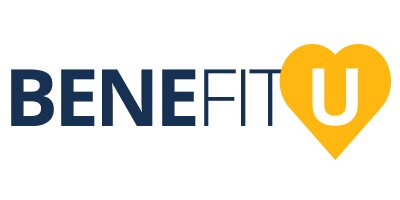For those of us who enjoyed those Super Bowl wins of the 1990's in Dallas, we all know that the Dallas Cowboys became a franchise team under Coach Jimmy Johnson. Jerry had the money and the smarts to hire his old Arkansas Razorback teammate, but Coach Johnson brought the formula for success. It was honed in Florida at the University of Miami, where each Hurricane was conditioned to be faster, stronger, and have greater endurance than his competitor. As Coach Johnson explains in this video from ESPN's 30 for 30, "Fatigue makes cowards of us all."
Today I heard SMU Football Coach, Chad Morris on the Ticket repeat this same quote: "Fatigue makes cowards of us all." He shared with Norm Hitzges that he actually trains his offense to look for players on the defensive side of the ball who are showing signs of fatique. A play signal is then relayed to attack the weakest link with an offensive strike at precisely the right moment to exploit the mismatch.
As your organization is looking to outflank your competition, ask yourself if your human resources team is:
1) Hiring the right type of players? - the old adage of "birds of a feather" flock together tends to hold true as people tend to hire people who are similar to themselves. It is not a coincidence that Texas Instruments has created an environment that attracts top engineers who happen to be cyclists ... this emanates from their CEO, Rich Templeton, on down. Do you think their award-winning culture attracts higher performing talent?
2) Monitoring and investing in improving a players condition? - SMU's Coach Morris has GPS and wearable sensors on each of his players so he can correlate training metrics with game performance over the course of their seasons. Best practices in preventive health would have each company investing in HIPAA compliant screenings for impending signs of obesity, pre-diabetes, hypertension, heart attacks, and stroke. Are you helping those who want to get better? Monitoring the right numbers for improvement? And then correlating these numbers with other KPI's at your company for your leadership team? Great businesses see health as an investment ... average companies see medical insurance as a mandate or expense.
3) Creating a winning environment - One of the memories I have from touring the J. Erik Jonsson Community School in Oak Cliff was the investment the Salesmanship Club of Dallas made buying bottled water for each student. During the tour, we learned that the faculty discovered proper hydration improved learning and performance. Are you providing bottled water at your workplace? Come by our digs for a site visit and we can drink a cold one together.
Did you know a study appearing in the Journal of Occupational and Environmental Medicine find causality among winners of their Corporate Health Achievement Award and a 3-5% stock outperformance as compared to the S&P 500? What we can say is there is a high correlation between one and the other," study coauthor R. Dixon Thayer says. "Maybe companies that invest highly in their workforce wellness also are just better run companies. And one of the reactions we have and we hope others will have to that is 'so what?' The point is that well-run companies that are achieving superior returns make these investments."
"Fatigue makes cowards of us all ... Don't be tired." We are all athletes.
